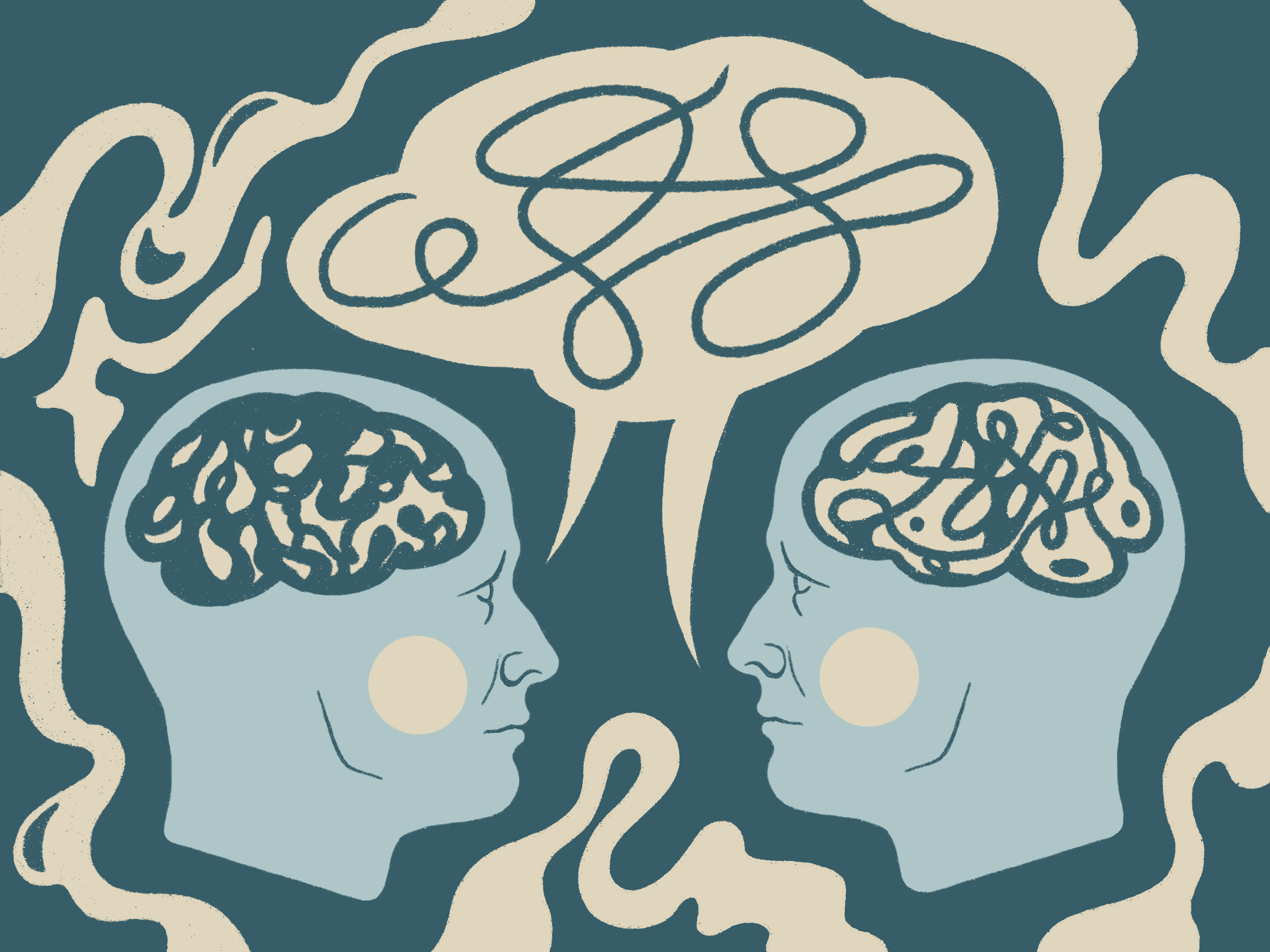Anest Williams (she/her)
Language permeates almost every facet of our daily lives. Due to this omnipresence, few of us stop to consider its history and ask the question: why are these the words that I’m using? Though linguists agree that language is constantly evolving, it ebbs and flows at such a pace that we often fail to notice the subtle changes in our own vocabularies. Delving into the etymology of words allows us to reflect on our language in its historical context and explore why changes happen.
English is the most widely spoken language – by native, second, and third language speakers – with over 1.1 billion total speakers. This is a feat for a language that originated on the tiny isles of Great Britain; a feat that grew from ruthless imperialism and the colonial expansion undertaken by English speakers from the 16th century onwards. Words were taken from occupied lands’ languages through interactions with the native speakers, such as pajamas from Urdu, bungalow from Hindi, and chocolate from the Aztec Nahuatl.
Language contact through colonisation is only one of many events to have expanded the English lexicon. During the Enlightenment, a period in which medical and scientific advancements occurred on a massive scale, people realised that they needed new words for their new discoveries. This led to many creating/adopting terms from Latin and Greek particularly because they were deemed to have higher status than colloquial English. These words are still used in our present-day English: mathematics, physics, philosophy, astronomy, and technology all have their roots in Ancient Greek, and stellar, equilibrium, and flux are derived from Latin.
Considering that the English language travelled the globe and felt no shame in borrowing words from other languages, it’s inevitable that some words were borrowed for concepts already in other languages. This means that the English lexicon is, quite frankly, enormous. This diversity in lexical choice often makes writing in English a daunting task (or it might be: intimidating, discouraging, frightening, demoralizing, etc. – take your pick). Words are residual and have been adopted from different points in history; old words remain popular regardless of the existence of contemporary terms that map onto the same concepts.
Yet, despite our vast lexicon, there are still concepts in the language that share the same lexical form to perform different semantic functions. Modern advancements in computer technology provide wonderful examples of words that have been hijacked by new meanings only in the past few decades, such as mouse, cookie, and virus. The mouse was so-called because it physically resembles the rodent; cookies are named after fortune cookies as they have messages embedded inside; viruses are viruses because they thrive and multiply in their hosts.
Etymologically, mouse was originally Old English mūs, cookies came from Dutch koekje ‘little cake’, and virus was born of Latin virus – ‘poison’. When you consider the etymologies of these terms, it beautifully exposes the way that language is constantly evolving and always willing to adapt to its users’ needs. Tracing these historical semantic developments demonstrates that new meanings are constantly unfolding alongside us, expanding as more advancements are made in our society.
Beyond technology, word forms with multiple meanings can be found in all corners of the English language – many scientific terms also share their meanings with other words. Consider the previous examples derived from Latin: stellar in the scientific sense means ‘pertaining to a star’, but stellar contemporarily means ‘outstanding’. This is an example of the scientific term being the originator, and the theatrical sense following later. A reversed example would be equilibrium: originally meaning ‘a state of mental balance’, equilibrium is now used across multiple scientific fields like Chemistry and Physics to mean ‘a state in which opposing forces are balanced’. Flux loosely means ‘flowing’, yet scientifically some meanings are a ‘substance mixed with a solid to lower its melting point,’ or a ‘flowing agent’. In speech, the key to understanding which meaning is implied by the speaker is context.
Language is an ever-evolving entity and it cannot exist without fluctuation. It gradually mutates, often into small regional or colloquial variations; each word has its own unique history of change. Today the internet and social media offer it the platform to transform on the largest scale yet through global interactions, allowing it to evolve at an even faster pace than before. Change has always, and will always be an inherent characteristic of language. Maintaining an ancient, traditional language is important both culturally and personally for those with that heritage, but purely through the fact that language is influenced by humans: what is language if it is not changing, growing? There ought to be no such thing as a dead language if someone, somewhere is speaking it.
What is language if it doesn’t allow itself flux?

